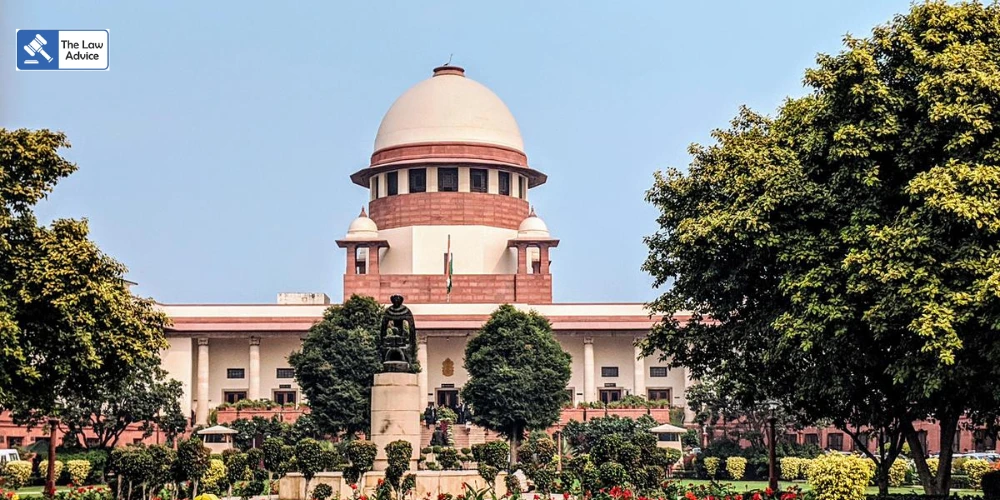In a significant judicial intervention that could redefine the balance of power in university governance, the Supreme Court of India has directed a committee headed by former Chief Justice U.U. Lalit to independently oversee the appointment of Vice-Chancellors (VCs) for 15 state-aided universities in West Bengal. The move comes as part of the top court’s effort to resolve the ongoing constitutional standoff between the Governor’s office and the state government over higher education leadership.
The crisis dates back to appointments made in alleged violation of University Grants Commission (UGC) norms and the absence of properly constituted search committees. The Governor—who serves as Chancellor of state universities—had appointed multiple interim VCs unilaterally, which the Calcutta High Court later struck down in 2023.
Since then, a legal tug-of-war has escalated between Governor C.V. Ananda Bose and Chief Minister Mamata Banerjee’s government, leading to administrative paralysis in more than a dozen premier institutions including Presidency University, Calcutta University, and Jadavpur University.
To break the impasse, the Supreme Court, in an order dated July 8, 2024, appointed Justice Lalit to head a high-powered Search-Cum-Selection Committee. The panel’s mandate is clear: evaluate candidates independently and propose a shortlist of three names for each university, arranged alphabetically to avoid merit-based ranking disputes.
These names are to be placed before both the Chief Minister and the Governor, allowing each to approve or raise objections but with recorded reasons. If no consensus is reached, the matter returns to the Supreme Court for a final ruling.
Despite the process set in motion, friction persists. In recent hearings, the Governor submitted a sealed envelope to the Court, outlining his objections to 17 candidates recommended by the Chief Minister. Reasons for rejection include concerns over alleged affiliations, background checks, and administrative experience.
While the state government has questioned the unilateral rejection, the Supreme Court has so far refused to make the contents of Justice Lalit’s report public, noting that confidentiality is essential to maintaining the integrity of the process.
The apex court has now given both parties a two-week deadline to fill the remaining VC positions, warning that it may be compelled to make the appointments directly if consensus fails again.
This development has far-reaching implications—not just for higher education in West Bengal but for federal governance across India. By placing a retired Chief Justice at the helm of a politically sensitive academic process, the Supreme Court has signaled its intent to safeguard institutional autonomy while navigating executive discord.
It also sets a precedent for judicial intervention in resolving constitutional gray zones involving overlapping powers between elected state governments and gubernatorial authorities—particularly in matters related to public education and appointments.
• Case Title: State of West Bengal & Ors. vs. C.V. Ananda Bose & Ors.
